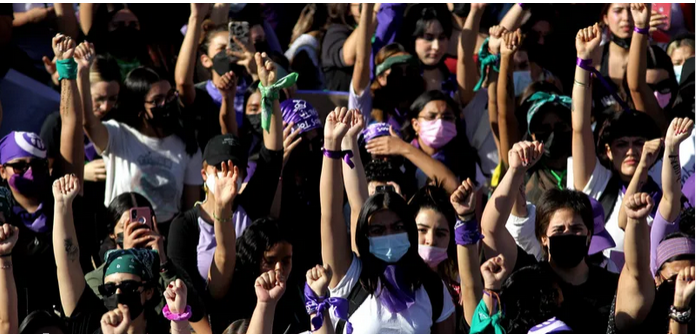As the world marks the 2024 International Women’s Day, Sightsavers have charged governments to ensure that all health services are inclusive and accessible for women and girls, including those with disabilities.
In a press statement signed by Joy Tarbo, Communications Officer at Sightsavers Nigeria, the group noted that women and girls face inequalities that increase their risk of disease, disability, gender-based violence, and mortality, and for many women, getting their health issues addressed is at the bottom of a long list of challenges and priorities.
Omosefe Osinoiki, a research associate at Sightsavers Nigeria, stressed that investing in women’s health is a strategic move towards society’s wellbeing as it creates a ripple effect that elevates their community.
Osinoiki said “when women are empowered, in their education as well as their health, they are able to sustainably take care of their families, both physically and otherwise.
“It’s important, useful and it will be meaningful for the communities that we work in, whether it’s for neglected tropical diseases, inclusive health, inclusive education, whatever it is that we do in the communities that we work in, it’s important that we involve and expand our reach to deepen community engagement and also advocate for policy changes that will prioritise women’s health,” she added.
Dr Joy Shu’aibu, Country Director Sightsavers said “As we mark International Women’s Day, we stand committed to addressing the urgent health needs of women and girls worldwide. Through our work in Nigeria, we are dedicated to combating female genital schistosomiasis, ensuring that no woman or girl suffers in silence. Together, we can break barriers, empower women, and build a healthier, more equitable future for all.”
Sightsavers works with partners to improve access to health services for all, including women and people with disabilities, such as treatments to protect against neglected tropical diseases and sight-restoring operations. Sightsavers also works to ensure women have access to information on health issues such as reducing disease transmission and maternal and newborn health services.
Since Sightsavers began, the organisation has helped 70,000 women to access treatment for trachoma; helped protect 560 million women from devastating diseases including schistosomiasis and fought for access to sexual and reproductive health services women and girls with disabilities in eight countries.

